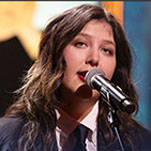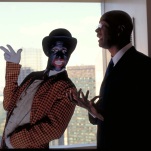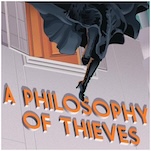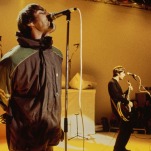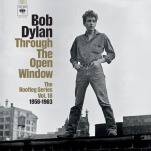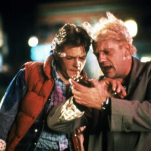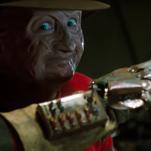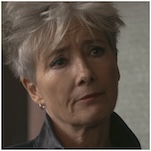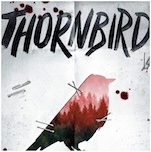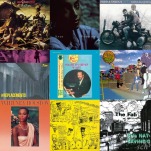Big Boys Offers a New Dawn for Queer Coming-of-Age Stories
Photo courtesy of Dark Star Pictures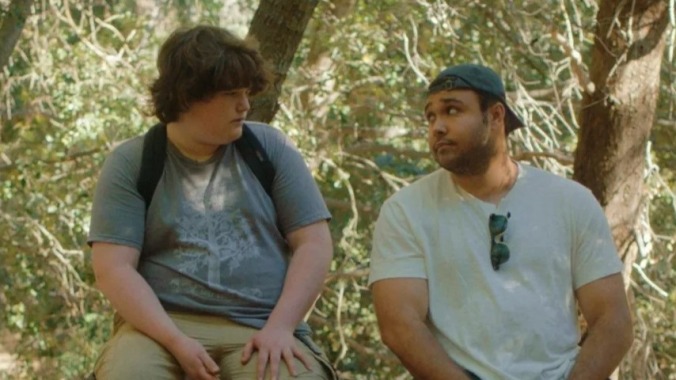
For Queer stories, “coming-of-age” often involves coming out. Narratives about Queer adolescents mainly focus on the stress of navigating identity and the complexities of acceptance—both from within themselves and from their families and communities. Although Queer narratives that explore sadness and pain are essential, they often dominate the media landscape, overshadowing stories of joy, love, resilience and community. The trope of Queer tragedy continues to permeate the film and television landscapes, especially when straight creatives pen these stories.
In contrast, The 2023 film Big Boys is a refreshing counterpoint to this trend. Written and directed by debut filmmaker Corey Sherman, the film follows 14-year-old Jamie (played by Isaac Krasner), who is excited for a family camping trip with his beloved cousin Allie (Dora Madison). However, his plans take an unexpected turn when Allie invites her new boyfriend, Dan (David Johnson III), to join them. Initially resistant, Jamie’s perspective shifts as he becomes attracted to Dan, allowing the story to explore the nuances of self-discovery amid the pressures of adolescence.
The complexity of queerness and the human experience is not solely defined by suffering. Big Boys embraces this idea by weaving moments of humor and warmth into Jamie’s journey, celebrating the triumphs and discoveries coinciding with embracing one’s identity. This focus on joy and authentic connection highlights that Queer media can—and should—encompass a wide array of emotions and experiences, offering a fuller representation of Queer adolescence. Through Jamie’s evolving understanding of himself and his relationships, Big Boys paints a vibrant picture of the hope, beauty and joy accompanying the self-acceptance journey.
Big Boys effectively uses comedy to connect the viewer to its central characters but relies on quieter moments to ground the viewer in the story. The film tonally bounces between comedy (often cringe-comedy) and pathos of adolescent self-discovery, a tone that is difficult to strike successfully. The film utilizes its performances and focuses on the editing by Sherman and Erik Vogt-Nilsen, making adept use of the silent reactions from the characters. In the film’s final scenes, Sherman times the emotional beats especially well. Although the story never lingers, and its runtime is a brisk 90 minutes, the editing still makes time for the quieter moments of silence. The cinematography by Gus Bendinelli also aptly utilizes the location and open space, delicately using Jamie’s gaze to steer the film. Each shot in the outdoors utilizes the campground’s vastness and the location’s beauty to frame its characters.
-

-

-

-

-

-

-

-

-

-

-

-

-

-

-

-

-

-

-

-

-

-

-

-

-

-

-

-

-

-

-

-

-

-

-

-

-

-

-

-





